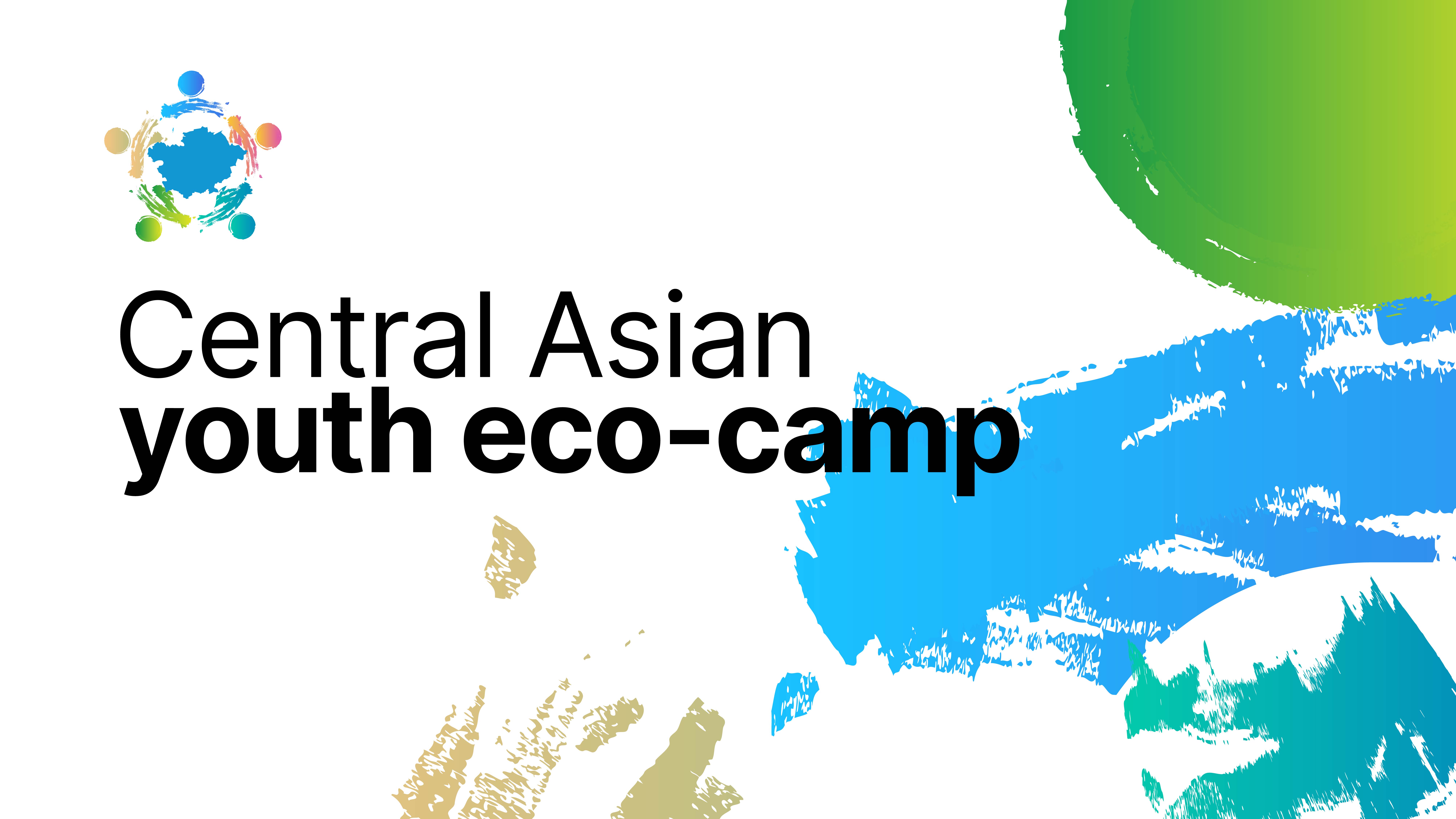
From October 1st to 5th, 2023, the Central Asian Youth Eco-Camp and International Dialogue "Strategy of Environmental Education for Youth in Central Asia" will be organized in Samarkand.
The event is organized with the support of the Ministry of Ecology, Environmental Protection and Climate Change, the Ministry of Preschool and School Education, the Ministry of Youth Policy and Sports, the International Public Fund "Zamin," international organizations, and non-governmental institutions.
The aim of the event is to ensure quality climate education in a coordinated and effective manner, improve the environmental situation in the region, promote mutual communication and practical cooperation in the field of ecology and environmental protection, and systematize environmental education.
Participants of the Youth Eco-Camp from Central Asian countries will be involved in the discussion on improving the eco-education system and the negative consequences of climate change.
As part of the event, an international dialogue and presentation of the regional strategy for environmental education will also be organized, based on the UNESCO initiative "Partnerships for Green Education" (GEP).
For reference, "Partnerships for Green Education" (GEP) is a UNESCO initiative proposed after the 27th UN Framework Convention on Climate Change in Sharm El-Sheikh (COP27), aimed at ensuring quality environmental education in a coordinated and effective manner. More than 800 organizations have already joined this initiative, and currently, the number of participating countries exceeds 70.
GEP focuses on the following four key areas:
- Green schools: Implementing the concept of green schools or green accreditation for educational institutions, including teacher training and retraining.
- Green programs in education: Increasing the number of educational institutions implementing environmental education programs by at least twice the current level, reaching 45%.
- Greening teacher training and educational system capabilities: Enhancing the competence of school leaders and key participants in the field of education.
- Greening society: Involving all sectors of society in the climate agenda by integrating environmental education into lifelong learning.
It is worth noting that Uzbekistan's participation in GEP contributes to the development of eco-schools, educational programs, and teacher training, as well as enhancing education for sustainable development and preparing students to address climate issues.











